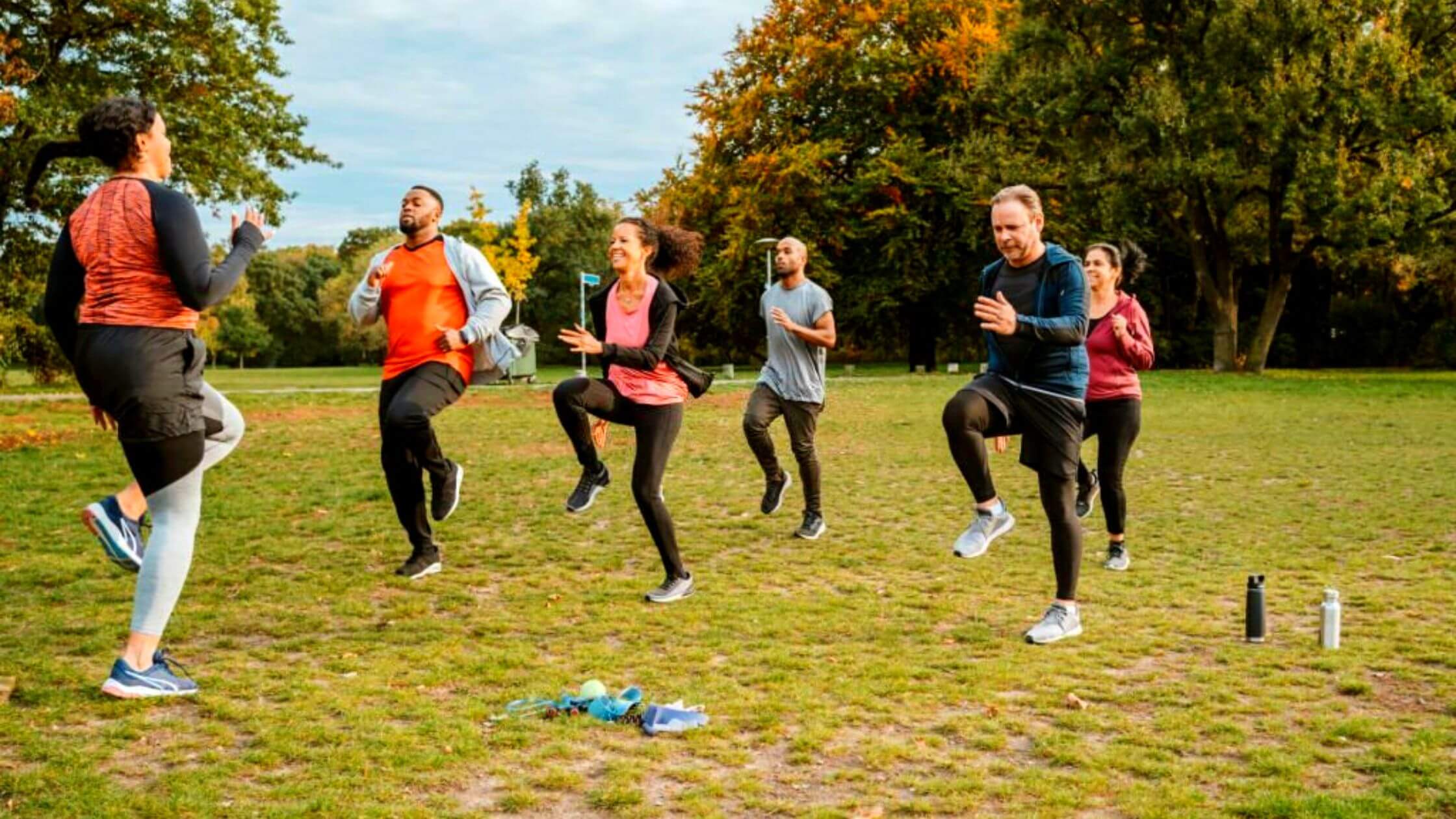Physical activities are known for promoting a host of health benefits in the body which includes immunity system support. That doesn’t mean you will get better if you start working out when you are down with the flu.
The real reason why exercise boosts immunity is still not completely figured out, but there is no question about its importance in keeping infectious diseases at bay.
Does Exercising Improve Blood Circulation?
A popular theory is how improved blood circulation during an exercise will increase the transport of disease-combating white blood cells around the body.
Some studies have found that the contraction and movement of muscles during exercise release cytokines that can help direct the white blood cells in combating infections.

Recent studies have linked better immune defenses, against Covid-19, from those who exercised regularly. Although they were reluctant to propose a direct correlation, immunologists invariably agree that exercise can help protect health in many ways.
Which Exercises Are Beneficial To The Immune System?
Some of the known ways through which exercise can benefit the immune system are:
| ✅ Raising The Body Temperature: Temperature is a pathogen killer. The brief rise in body temperature during and after exercise can help prevent the growth of disease-causing agents inside your body. |
| ✅ Reducing Bodily Inflammation: Inflammation is a normal aspect of a healthy immune system response used to contain pathogens and toxins in the body. However, widespread inflammation can be damaging to your body. Even simple 20-minute sessions of moderate exercise can stimulate the immune system to produce an anti-inflammatory cellular response. |
| ✅ Stimulating Cellular Immunity: Researchers have found that moderate to vigorous intensity exercise increases the recruitment and circulation of the immune system’s white blood cells. |
| ✅ Reducing Stress: Studies have consistently shown that stress and depression can greatly disrupt the optimal functioning of the immune system. Physical activities are known to slow down the release of stress hormones and promote better mood and behavior. |
| ✅ Promoting Cardiovascular Health: Exercise can strengthen your respiratory and cardiovascular health and decrease the risk of heart disease, diabetes, and many other diseases. These diseases can compromise the efficiency of your immune system, so by keeping them at bay, exercise can support a better immune system. |
| ✅ Promoting Better Quality Sleep: Sleep loss can lead to poor immune system functioning. Some studies have shown that sleep loss increases the risk of infection and the development of cardiovascular and metabolic disorders due to the reduced production of antibodies. Regular physical activity is known to improve both the quantity and quality of sleep. |
How many exercises Do You Need For Improving Immunity?
About 150 minutes of moderate-intensity physical activity along with 2 days of muscle-strengthening exercises every week is the current recommended amount for Americans by the CDC.
You can divide the time by 30 minutes for 5 days, 50 minutes for 3 days, or any other way you like as long as you reach the ballpark of 150 minutes.

Moderate-intensity exercises include fast walks, water aerobics, riding a bike, and even pushing a lawn mower, etc. which you can incorporate into your everyday life. A general rule of thumb to know whether it’s a moderate-intensity exercise or not is that you will be able to talk during the activity but won’t be able to sing your favorite songs.
The 2 days of muscle-strengthening exercises should cover all the major muscle groups – legs, hips, back, abdomen, chest, shoulders, and arms.
Going above 150 minutes per week can bring even more health benefits, according to the CDC.
Other Ways Of Improving Immunity
Dietary choices are one of the most important factors for regulating our immune system functions.
Make sure to include plenty of fruits and vegetables, lean protein sources, and whole grains, and limit your consumption of saturated fats, cholesterol, salt, and added sugars.
Although natural whole food sources are better for most people, if you have any nutrient deficiencies, you can support your diet through supplementation. However, since most dietary supplements are unregulated by the FDA, consult your physician to suggest good quality supplements.
Be responsible and get yourself and your kids vaccinated before the beginning of the flu season to stay on top of the novel viral agents circulating around your community.
Try to lead a healthy lifestyle in general by limiting your alcohol consumption and quitting smoking. Exercise regularly, and get good quality sleep at night. We suggest practicing some breathing exercises that you can use to calm down and de-stress yourself from time to time every day.
Read More:- How Much Protein Should You Take Daily?
